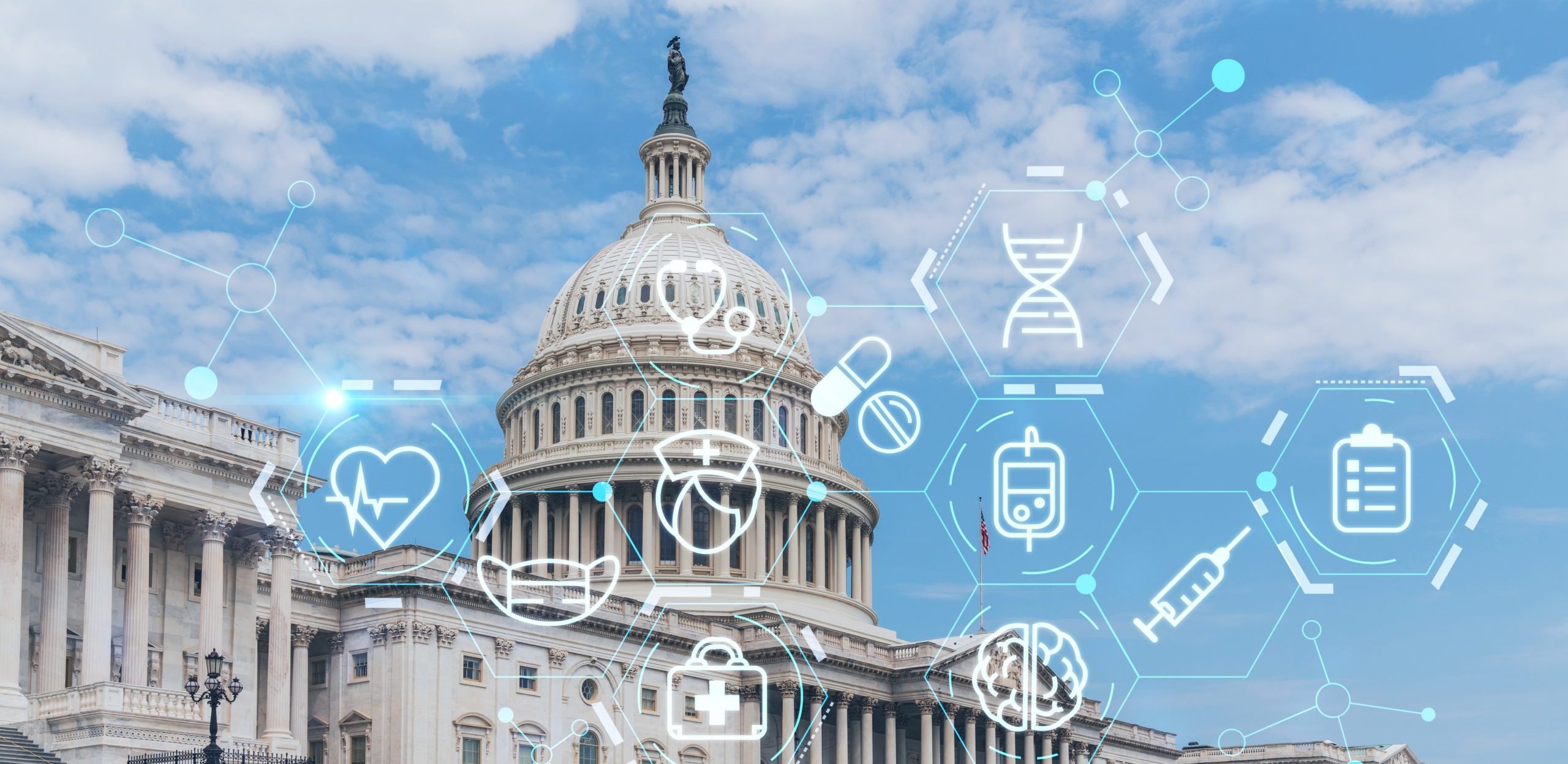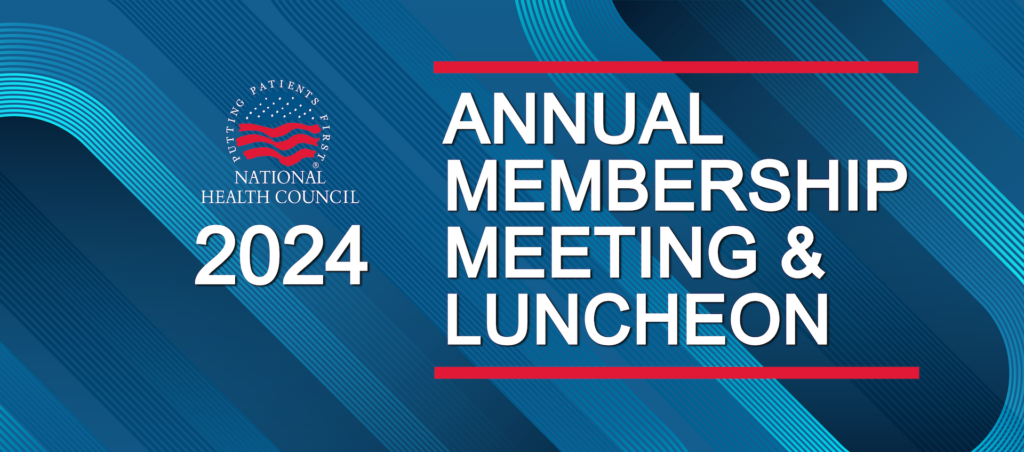

Congress is Off to a Fast Start on Health Care Issues – Is it Hurry Up and Wait?
By: Allen Pinn, Coordinator, Policy
The first six weeks of Congress have come to an end. After two years of Democrats controlling both chambers, the Biden administration is reckoning with a new Republican-led House. Most observers agree it is unlikely we will see broad, sweeping legislation enacted in this environment. While passing bills through a divided Congress is a difficult feat, it is possible to find bipartisan solutions. Recent notable pieces of legislation that have passed through a divided government include the 21st Century Cures Act and the 2020 Coronavirus Aid, Relief, and Economic Security (CARES) Act.
Below is an assortment of health care issues discussed in congressional committees thus far, which have drawn bipartisan support. The National Health Council will track the development of these issues during the legislative calendar.
Opioid Epidemic and Value Assessment
The opioid epidemic continues to be top of mind for lawmakers. On February 1, the Energy and Commerce Committee’s Subcommittee on Health held a hearing titled “Lives Worth Living: Addressing the Fentanyl Crisis, Protecting Critical Lifelines, and Combatting Discrimination Against Those with Disabilities.” The hearing was focused on the ongoing fentanyl crisis, specifically, the illegal importation of fentanyl into the United States. Bills discussed during the hearing included the H.R. 171 – HALT Fentanyl Act, which would classify fentanyl as a schedule I drug. The bill was praised by Energy and Commerce Chair Cathy McMorris Rogers and Health Futures Task Force co-leader Brett Guthrie. However, ranking member Anna Eshoo and Rep. Frank Pallone described the bill as maintaining the status quo around the fentanyl crisis and not building upon previous administration’s success in mitigating its impact. In addition, this hearing included discussion of legislation banning the use of Quality Adjusted Life Years (QALYs) in federal programs. QALYs are often used to estimate the value of a health care treatment or service, but the methodology is also viewed as discriminatory against older adults and people with disabilities.
Pharmacy Benefits Managers
Known as the ‘middlemen’ between pharmacies and patients, pharmacy benefit managers (PBMs) have garnered more attention in recent years. Recent hearings have focused on PBMs’ opaque business practices and accused them of monopolistic tendencies. Oversight of pharmacy benefit managers has attracted significant bipartisan support. Last Thursday, the Senate Commerce, Science, and Transportation Committee held a hearing titled: Bringing Transparency and Accountability to Pharmacy Benefits Managers. The hearing centered on the practices of pharmacy benefit managers (PBMs) and whether S. 127 – Pharmacy Benefit Manager Transparency Act is the correct legislation in solving them. Most Senators agreed that PBMs need to be addressed, however, throughout the hearing it became apparent Senators were not unified in how to solve issues surrounding PBMs. In addition to the Pharmacy Benefit Manager Transparency Act, another piece of legislation centered on PBMs discussed in the Senate last week was S. 113 – Prescription Pricing for the People Act. If signed into law, S. 113 would require the Federal Trade Commission to examine the impact of consolidation in the PBM industry on drug pricing and if PBMs display abusive business practices. S. 113 is one of five bipartisan prescription drug cost bills targeted at better regulating the prescription drug market.
Prescription Drug Costs
The cost of prescription drugs has long garnered bipartisan support. In addition to S. 113, four other bills that signal bipartisanship in addressing the prescription drug market are:
- 79 – Interagency Patent Coordination and Improvement Act of 2023
- 142 – Preserve Access to Affordable Generics and Biosimilars Act
- 148 – Stop STALLING Act
- 150 – Affordable Prescriptions for Patients Act of 2023
The five bills were unanimously passed by the Senate Judiciary Committee to be moved to the Senate floor. Most of the bills had been considered previously by the Senate as part of a package negotiated by Senators Wyden and Grassley. Passage of these bills would be a shift in momentum in the Senate, which has currently only confirmed one federal judge and moved one other bill to the floor for approval.
Passed Legislation
On the other side of the Capitol, the House has rapidly passed over 20 bills with a slim majority. Of the bills passed in the House, three pieces of legislation are related to health care issues which include:
- R. 26 – Born-Alive Abortion Survivors Protection Act
- R. 497 – Freedom for Health Care Workers Act
- R. 382 – Pandemic is Over Act
All the above bills passed on partisan basis, which signifies their likely defeat in the Senate.
Conclusion
As the 118th Congress moves into its third month, the National Health Council will continue to monitor these issues and other developments.


